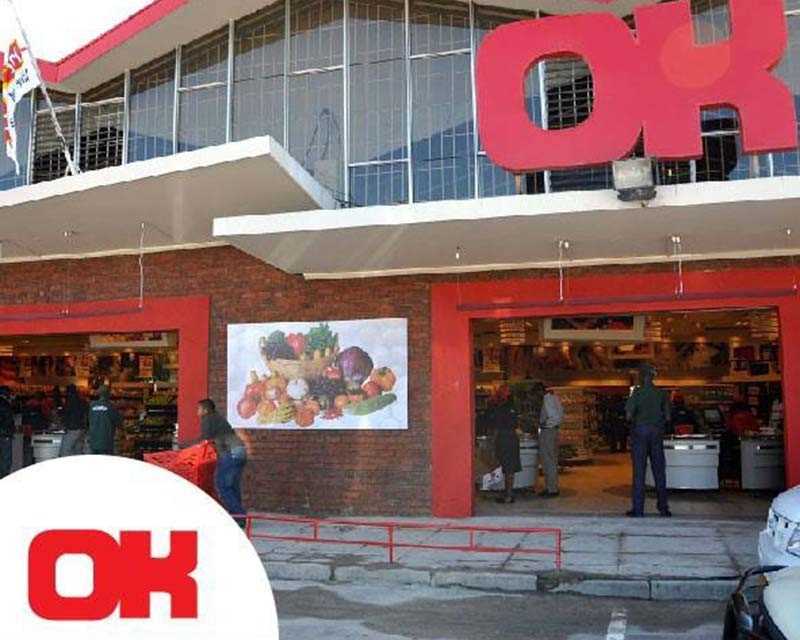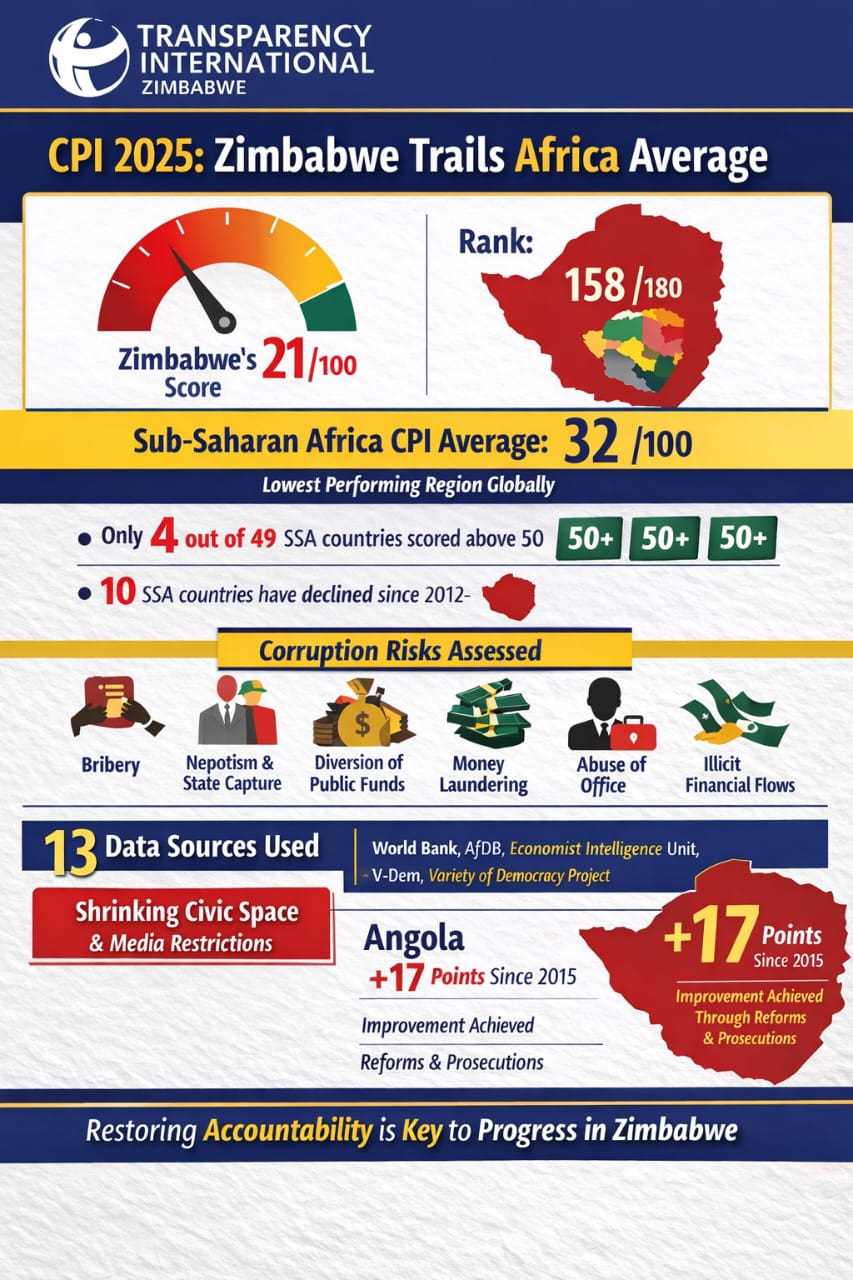
OK Zimbabwe says its turnaround plan remains heavily dependent on delayed property disposals and improved supplier terms, as the retailer continues to battle a liquidity crisis that has forced store closures, head office cuts, and aggressive cost-reduction measures.
In a market update, the company said it aimed to raise US$30.5 million to stabilise operations — US$20 million through a rights issue and US$10.5 million from property sales.
While shareholders fully subscribed to the rights offer, OK says efforts to dispose of the remaining properties “have taken longer than expected,” delaying critical funding needed to rebuild stocks and settle debts.
The company said sale agreements for two properties are close to being finalised, while offers on three others are still under consideration.
Related Stories
The delays have intensified pressure on suppliers, who were owed US$24 million as at end-February 2025. Although suppliers agreed to a partial settlement and resumed deliveries, OK acknowledged that existing trading terms have not allowed it to rebuild stock to levels needed for normal operations.
“Trading terms that are in place have not allowed adequate stock build-up to support the required level of activity,” the company said, appealing for cooperation during what is typically a peak retail season. “Our success is your success.”
OK has also accelerated its restructuring drive to cut costs and streamline operations. The group, which operates 62 stores, has shut 11 and plans to close three more. Bon Marché Chisipite will relocate to a larger space as the complex undergoes expansion.
Head office jobs have been reduced, and operating expenses have fallen by 35%. OK is targeting a further 15% reduction by December as part of efforts to restore viability.
The update follows a series of cautionary statements issued since April, in which the board warned of a funding gap, weak trading, and growing financial distress.
The company says it expects stability to improve once asset sales are completed and supplier terms return to normal.



















Leave Comments